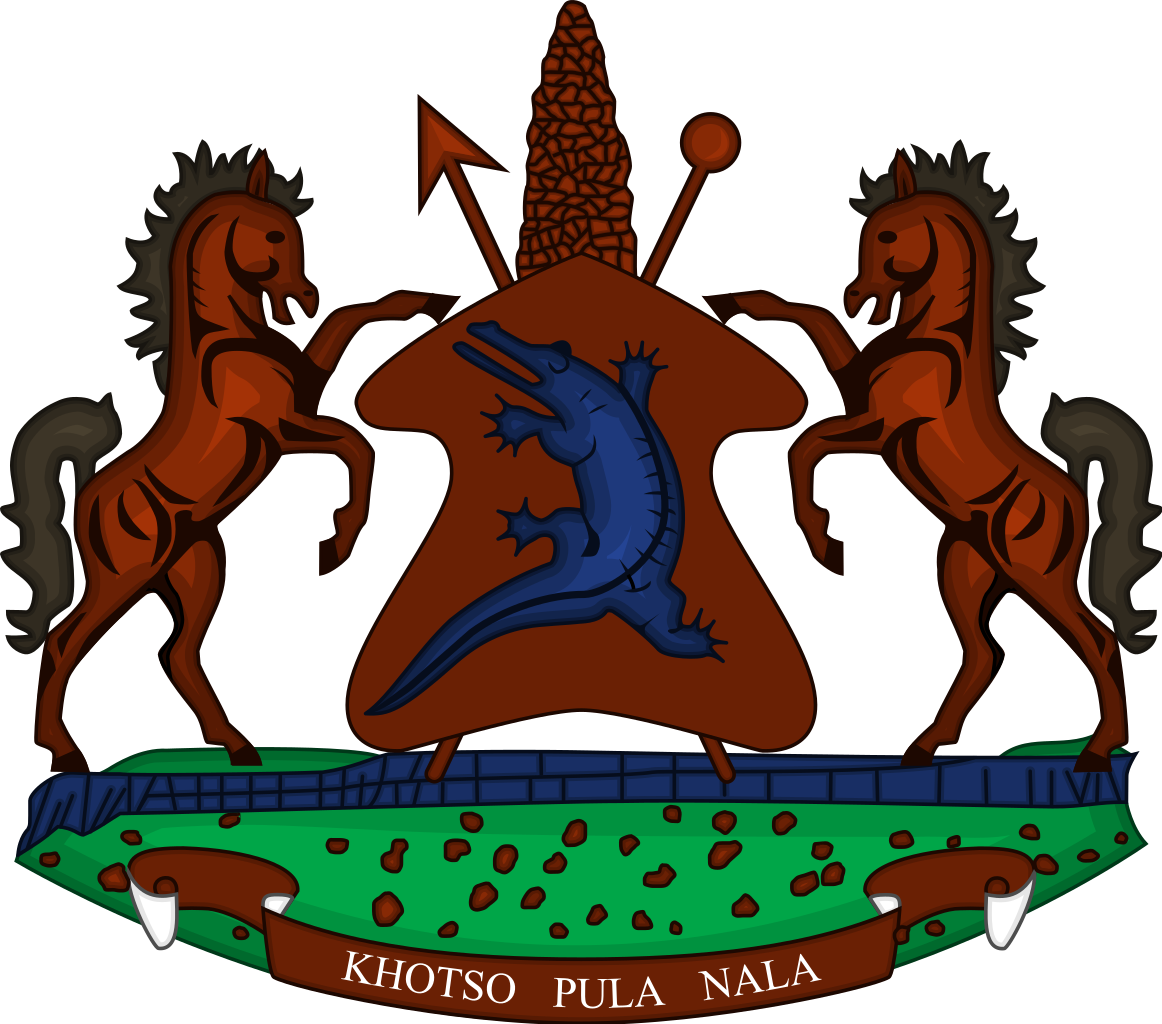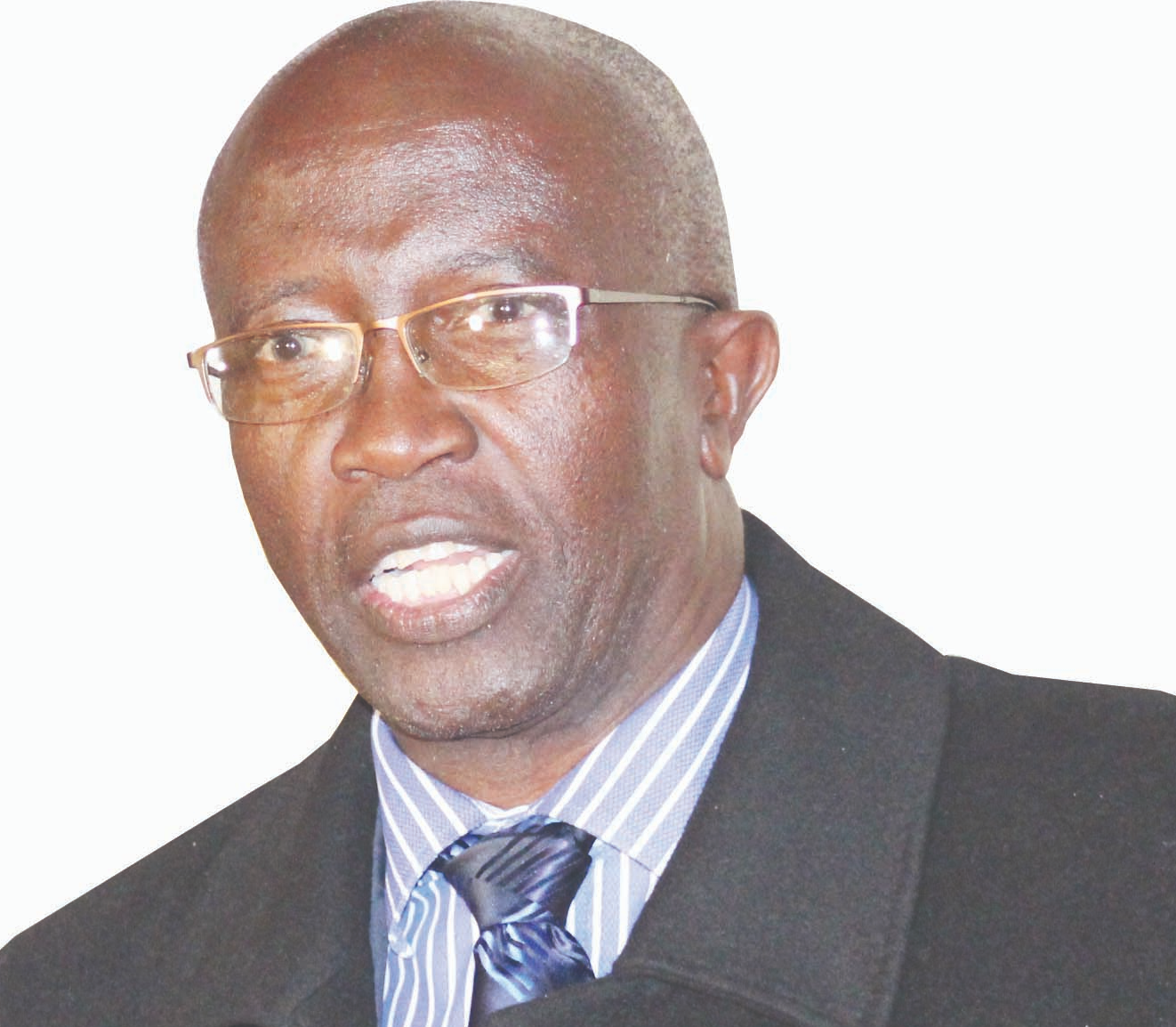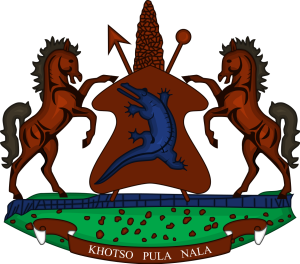The Governor of the Central Bank of Lesotho says food and energy prices coupled with weak exchange rate were the main contributors to the rise in inflation.
Dr Maluke Letete said this when giving a report of the 104th Monetary Policy Committee (MPC) held on Tuesday. He said domestic inflation increased to 6.5 percent in October from 5.8 percent in September.
He added that the continued weaker Loti, volatile crude oil prices, administered prices and the risk of El Nino present upside risks to the medium term inflation outlook.
He explained that global economic prospects for 2023 remained resilient despite the slowdown from 2022, saying nonetheless risks to the downside may threaten further recovery.
He said that the domestic economic activity rebounded in the third quarter of 2023 saying it is projected to improve medium term despite the weaknesses in the manufacturing sector. “Inflation rose and risks are tilted to the upside due to weak Loti and prospects of adverse weather in the near term,” he said.
Moreover, Dr Letete stated that having considered the Net International Reserves (NIR) developments and outlook, regional inflation and interest rates outlook, domestic economic conditions, and the global economic outlook, the MPC decided to among others leave the NIR target floor unchanged at 710 million US dollars, saying at this level the NIR target will be sufficient to maintain a one to one exchange rate peg between Loti and the Rand.
Again, he mentioned that the MPC has also decided to leave the CBL rate unchanged at 7.75 percent per annum.
The Central Bank of Lesotho (CBL) was first established as the Lesotho Monetary Authority in 1978, under the Lesotho Monetary Authority Act of 1978. It started its operations on 2nd January 1980.
In 1982, through the Act of Parliament, the name Lesotho Monetary Authority was changed to the Central Bank of Lesotho (CBL) and additional functions and responsibilities were prescribed to the new institution. In August 2000, the Central Bank of Lesotho Act of 2000 came into force.
Its principal objective is to achieve and maintain price stability.
Source: LENA 28/11/2023





